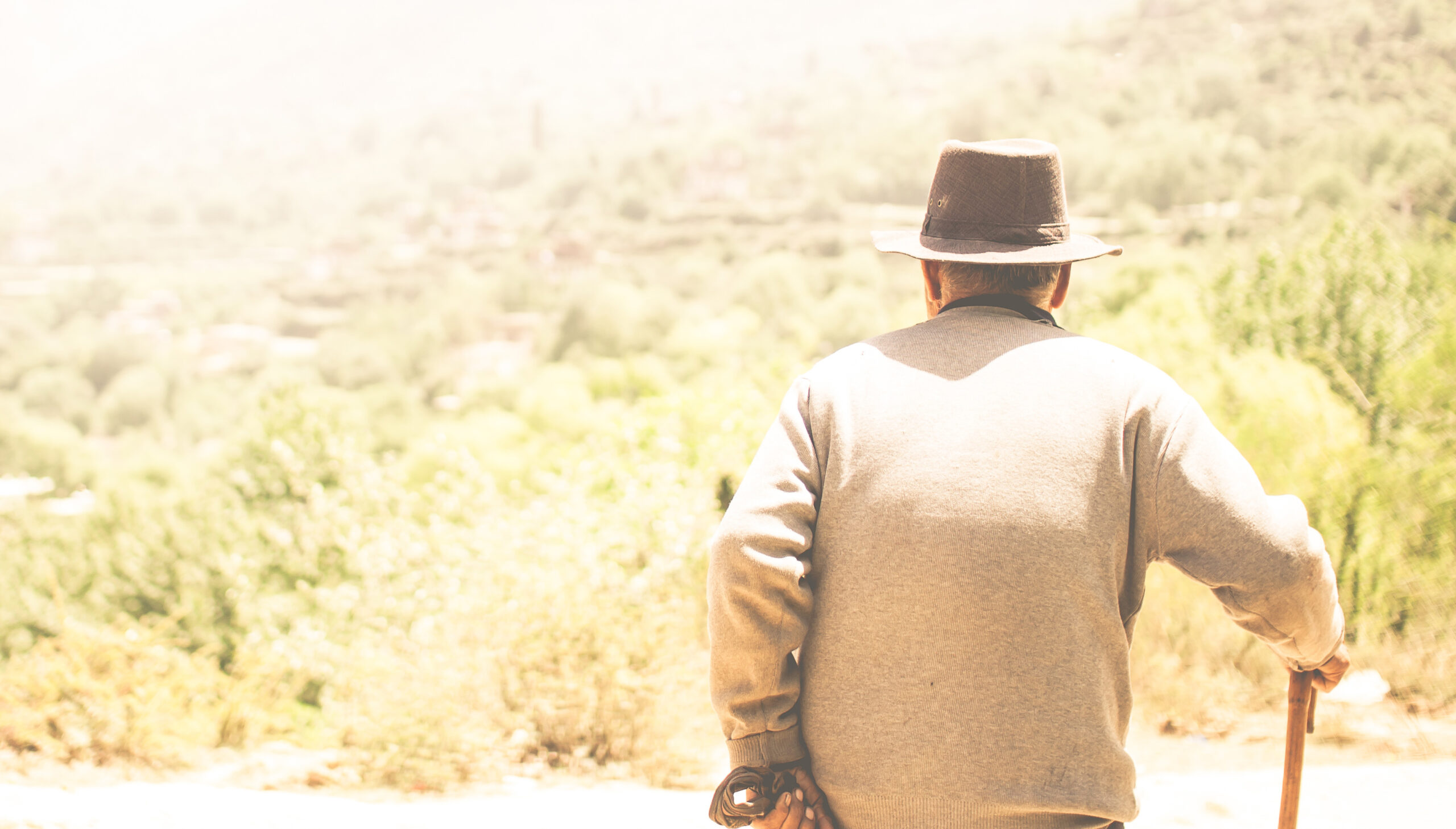June 14 marks World Elder Abuse Day; a campaign designed to help raise awareness and promote the prevention of elder abuse and neglect through better understanding and more resources. Older adults can be the victims of many types of abuse or neglect and it is often at the hands of a family member or trusted caregiver. Seeking help for someone who you believe is being abused is the crucial first step in stopping abuse which often gets worse over time.
An estimated 1 in 10 Americans over the age of 60 have experienced some form of elder abuse and as many as 5 million seniors may be abused each year, yet only about 1 in 14 cases of abuse or neglect are reported. In nearly 60 per cent of incidents of elder abuse or neglect, the perpetrator is a family member, often an adult child or spouse.
According to the McMaster University Optimal Aging Portal, older adults at increased risk for abuse include: seniors with a history of abuse or trauma, those who need help with daily living tasks, elders who have a mental illness and seniors with a low income. Conflict between families members and social isolation can also increase the risk for elder abuse. Caregivers who abuse seniors are often under great stress from the burdens of their role or have mental health problems themselves. Giving caregivers the support they need to practice self care and stay connected with their community is an important component to preventing abuse or neglect.
There are many different types of elder abuse, including:
- Physical abuse
- Psychological or emotional abuse
- Financial abuse
- Sexual abuse or unwanted sexual contact
- Abuse related to neglect and abandonment
If you believe someone you know is being abused and is at risk for serious harm, call 911. If the elder you suspect is suffering abuse is not in immediate harm, talk with them about their rights and offer support if and when they are ready to seek help. Older adults who are not cognitively able to understand their situation may need the assistance of a local adult protective services agency. Many states and provinces require that doctors and lawyers report elder abuse or mistreatment but family and friends can also report concerns. Learn more about finding help for a senior suffering abuse at the National Center on Elder Abuse . In Canada, visit the Canadian Network for the Prevention of Elder Abuse for more information and resources.






Add Your Voice
0 Comments
Join the Discussion